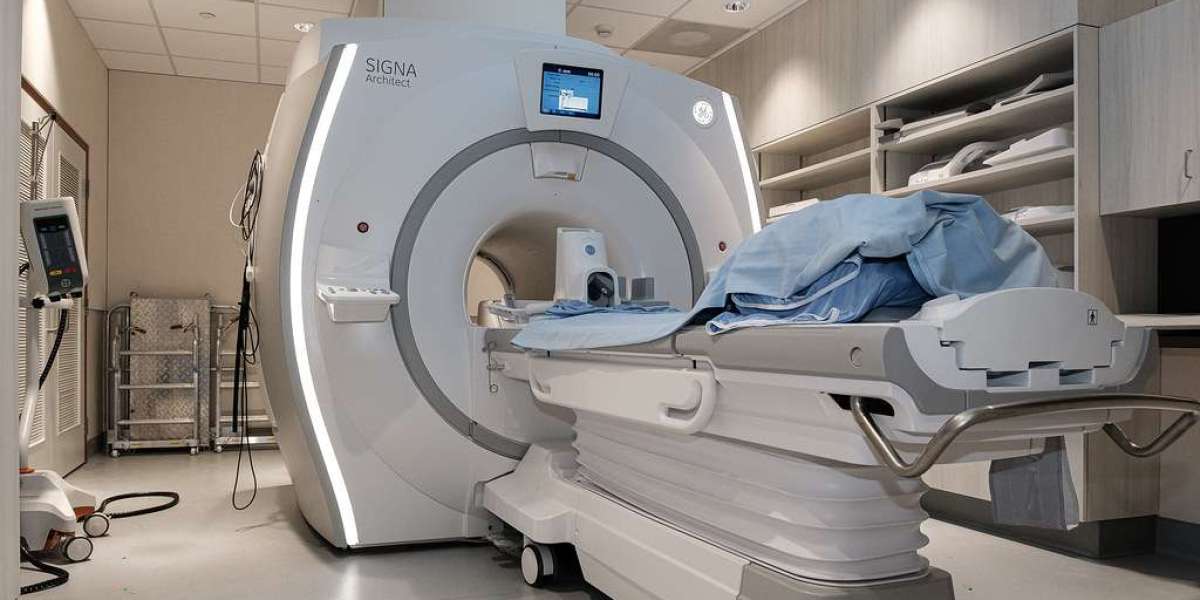Undergoing magnetic resonance imaging (MRI) scans is a routine part of medical diagnostics, but many individuals report feeling drained or fatigued after the procedure. In this article, we delve into the reasons behind post-MRI fatigue and explore strategies to alleviate this common experience.
Causes of Post-MRI Fatigue
Physical Discomfort: The confined space of the MRI machine and the need to remain still for an extended period during the scan can lead to physical discomfort, stiffness, and muscle fatigue. Holding a specific position for an extended duration can strain muscles and joints, contributing to feelings of exhaustion afterward.
Sensory Overload: The MRI machine emits loud, repetitive noises during the scanning process, which can be unsettling and overwhelming for some individuals. The combination of noise, along with the enclosed space of the MRI bore, can lead to sensory overload and heightened stress levels, contributing to post-MRI fatigue.
Anxiety and Stress: Many individuals experience anxiety or stress before and during MRI scans, particularly if they are claustrophobic or have concerns about the procedure. The anticipation of being inside the MRI machine and the fear of the unknown can trigger physiological stress responses, leading to feelings of fatigue and mental exhaustion afterward.

Coping Strategies for Post-MRI Fatigue
Practice Relaxation Techniques: Before the MRI scan, practice relaxation techniques such as deep breathing, visualization, or mindfulness meditation to help reduce anxiety and promote a sense of calmness. These techniques can also be useful during the scan to manage stress levels and minimize fatigue afterward.
Communicate with the Technologist: Inform the MRI technologist about any concerns or discomfort you may experience during the scan. They can offer reassurance, adjust the scanning parameters if necessary, and provide strategies to help you feel more comfortable throughout the procedure.
Stay Hydrated and Rested: Ensure you are well-hydrated and well-rested before the MRI appointment. Fatigue can be exacerbated by dehydration and lack of sleep, so prioritize self-care in the days leading up to the scan. After the MRI, allow yourself time to rest and recuperate, especially if you feel particularly tired or drained.
Distract Yourself: During the MRI scan, distract yourself by focusing on calming thoughts, listening to music through headphones (if permitted), or visualizing pleasant scenes or experiences. Engaging your mind in positive distractions can help alleviate anxiety and reduce feelings of fatigue during and after the scan.
Follow Up with Self-Care: After the MRI scan, prioritize self-care activities such as gentle stretching, taking a warm bath, or engaging in relaxation exercises to soothe tired muscles and promote relaxation. Be kind to yourself and allow your body the time it needs to recover from the scanning experience.
In conclusion, feeling drained after an MRI is a common experience that can result from physical discomfort, sensory overload, and anxiety associated with the procedure. If you want to read the complete blog, visit erofmesquite for insightful articles on healthcare and wellness. By understanding the underlying causes and implementing coping strategies such as relaxation techniques, effective communication, and self-care practices, individuals can mitigate post-MRI fatigue and enhance their overall MRI experience.



